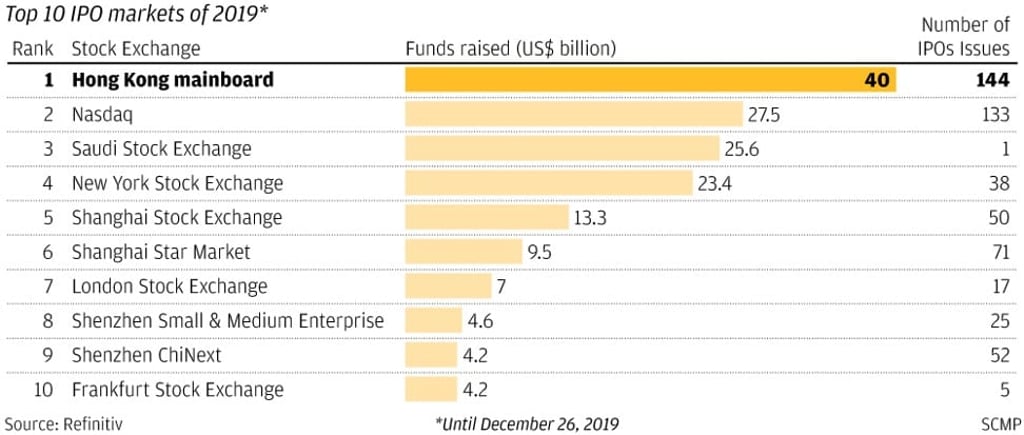Ctrip, NetEase in talks for secondary listing on Hong Kong stock exchange as Chinese tech companies beat a path back closer to home
- Officials of the HKEX have held talks with Ctrip and NetEase about the possibility of a secondary share sale in Hong Kong, according to people familiar with the matter
- The discussions are preliminary and subject to change, they added

Bourse officials have held follow-up talks with the two US-listed firms about the possibility of a secondary share sale, the people said, requesting not to be named because the matter is private. The discussions are preliminary and subject to change, they added.
HKEX has said it’s seeing a spike in inquiries about secondary listings from Chinese firms. The interest comes at a time when US scrutiny of Chinese companies has intensified.
Hong Kong Exchanges’ shares rose 2.9 per cent Thursday, their biggest gain in nearly four months. Trip.com, known also as Ctrip, climbed 10.2 per cent to mark its biggest rise since March. And NetEase stock surged 7.2 per cent, the most since August, helped by a rally in Chinese technology stocks listed in New York.
Ctrip and the Hong Kong exchange declined to comment in emailed statements. A NetEase representative had no comment when contacted.
